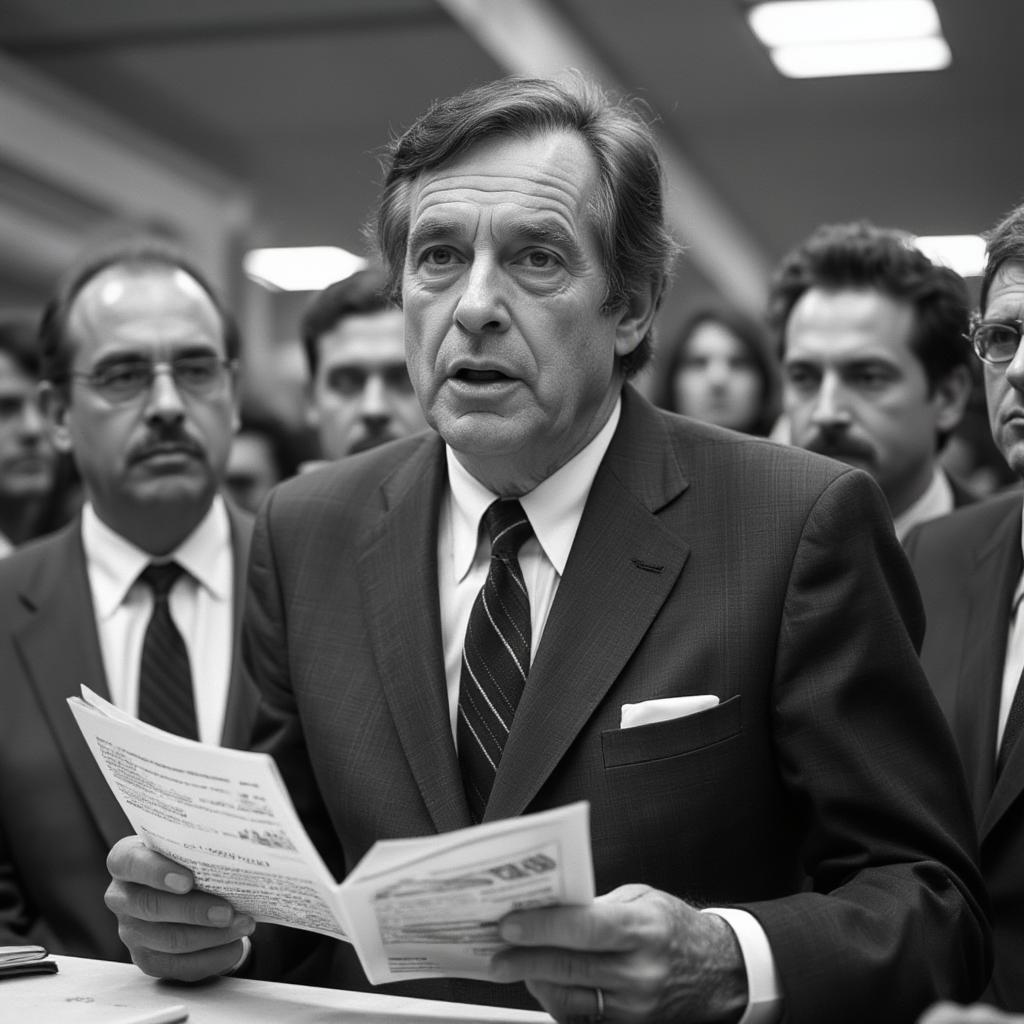John Clifton “Jack” Bogle, born May 8, 1929, and passed away January 16, 2019, was a titan of the financial world. He revolutionized investing for the everyday person, championing low-cost index funds and empowering millions to achieve financial freedom. His relentless pursuit of investor-centric principles transformed the landscape of asset management and cemented his legacy as a true pioneer.
Bogle’s journey began at Princeton University, where he studied economics and graduated magna cum laude in 1951. His senior thesis, “The Economic Role of the Investment Company,” foreshadowed his lifelong dedication to making investing accessible and affordable. After Princeton, he joined Wellington Management Company. He rose through the ranks, becoming chairman in 1970. However, a merger decision he orchestrated proved disastrous, leading to his ouster in 1974. This setback became a pivotal moment, propelling him towards his true calling.
Undeterred, Bogle founded The Vanguard Group in 1974, initially met with skepticism from the established financial industry. His revolutionary idea was simple yet powerful: create a mutual fund company owned by its investors, operating at cost, and focused on indexing the market. This structure eliminated conflicts of interest and allowed Vanguard to offer exceptionally low expense ratios, a key factor in long-term investment success.
In 1976, Bogle launched the First Index Investment Trust, later renamed the Vanguard 500 Index Fund, the first index mutual fund available to individual investors. This groundbreaking move democratized investing, allowing ordinary people to participate in the market’s overall growth at minimal cost. It challenged the prevailing wisdom of active management and paved the way for the explosive growth of index funds that we see today.
 Jack Bogle Launches Vanguard 500 Index Fund
Jack Bogle Launches Vanguard 500 Index Fund
Bogle’s philosophy centered on the principle of “owning the market” rather than trying to beat it. He argued that consistently outperforming the market over the long term was exceedingly difficult and costly, advocating for a passive, low-cost approach to investing. He believed that minimizing expenses and staying disciplined were the keys to building long-term wealth. This philosophy, initially met with resistance, has become increasingly mainstream as evidence supporting the effectiveness of index investing continues to mount.
Beyond his investment strategies, Bogle was a staunch advocate for investor education and transparency. He authored numerous books, including “The Little Book of Common Sense Investing” and “Enough,” offering practical advice and advocating for ethical practices within the financial industry. He challenged the industry’s focus on short-term gains and urged investors to focus on the long-term horizon.
Bogle’s impact on the financial world is undeniable. His creation of Vanguard, the introduction of index funds, and his unwavering commitment to investor interests have transformed the landscape of investing. He empowered millions of individuals to build wealth through a simple, cost-effective approach. His legacy continues to inspire investors and challenge the financial industry to prioritize the needs of its clients above all else. His simple, yet profound advice remains as relevant today as it was decades ago: keep costs low, stay disciplined, and invest for the long term.
Despite facing health challenges throughout his life, including multiple heart attacks and a heart transplant, Bogle remained dedicated to his work and his mission. He retired as Vanguard’s CEO in 1996 but continued to serve as senior chairman and then chairman emeritus until his passing in 2019.
His tireless efforts earned him numerous accolades, including being named one of Time magazine’s “100 Most Influential People in the World” and receiving the Presidential Medal of Freedom in 2004. However, his greatest legacy remains the millions of investors who have benefited from his vision of low-cost, accessible investing.


